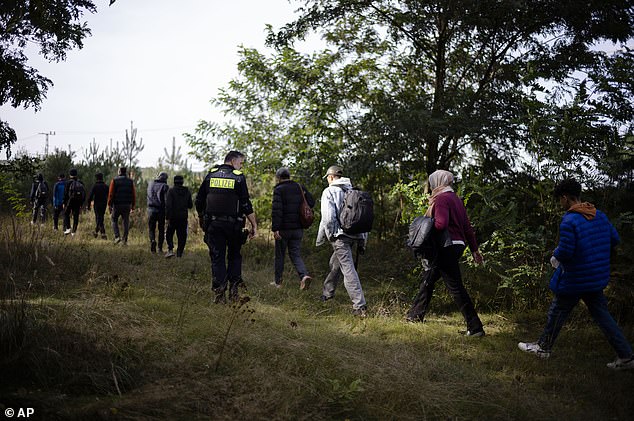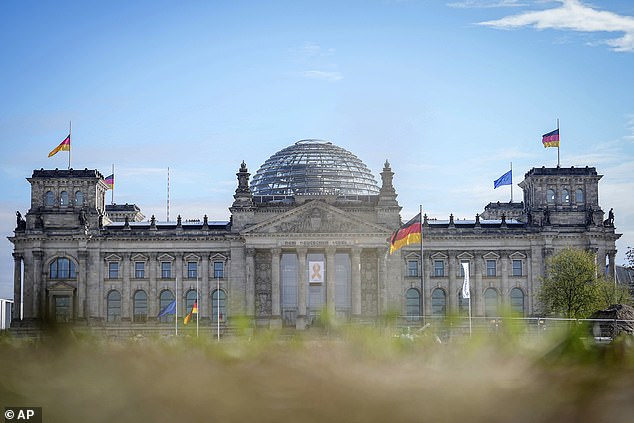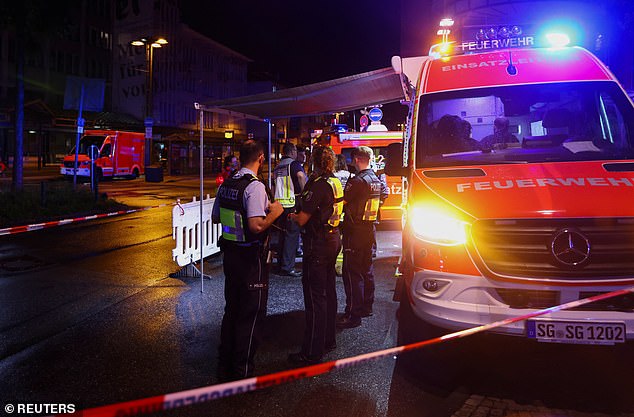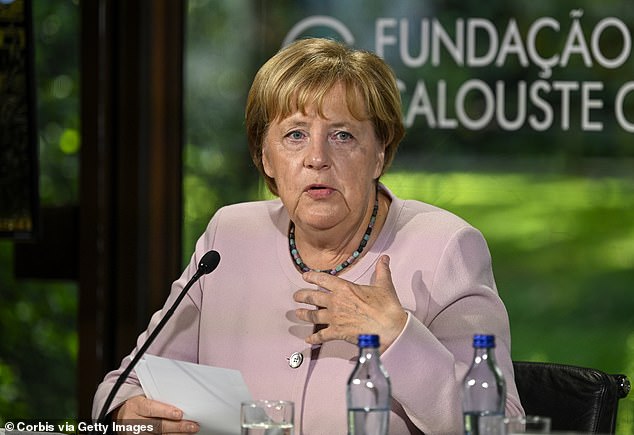Germany ‘will tell migrants to adopt local cultural values, ‘and not the other way around’, and turn away non-European refugees at the border’
Germany’s government-in-waiting has said foreigners must assimilate into the country’s local values and culture as it tries to curb migration.
Following the collapse this month of Social Democratic Chancellor Olaf Sholz’s fractious three-party coalition, the centre-right Christian Democratic Union political party has promoted its ‘Leitkultur’ manifesto, stressing the importance of allowing migrants in Germany to adapt culturally to fit.
This includes speaking the German language, respecting German law and becoming a German citizen.
Speaking to The Telegraph, CDU home affairs spokesperson Alexander Throm said all foreigners living in Germany should adopt the concept of ‘Leitkultur’.
“It is the way we live in Germany as a cultural nation,” he said.
‘It is not only about our languages and customs, but also about our cultural and historical foundations. Ultimately, it means that people, regardless of why they come to Germany, orient themselves on this cultural basis, and not the other way around.’
Throm also revealed that Germany will expel non-European refugees from its border if the CDU wins the next election, because of its “special duty” to Ukraine.
He also warned that EU countries are expected to take in a fairer share of refugees in the future, as Germany has already taken in 1.2 million migrants from Ukraine.
CDU home affairs spokesman Alexander Throm said foreigners must assimilate to the country’s local values and culture

FILE PHOTO: German police officer escorts a group of migrants who have illegally crossed the border from Poland into Germany
‘It is clear that we stand behind our European neighbors and refugees. But it is also clear that with any further flows of refugees in our direction, we must ensure that they are distributed appropriately across all European countries,” he said.
Germany receives the most asylum applications in the European Union: almost a third of all total applications to the 27 Member States.
Former Chancellor Angela Merkel’s decision to admit more than a million refugees fleeing the wars in Syria, Iraq and Afghanistan in 2015 has proven controversial in Germany – with even Merkel herself admitting that while she supported her decision, ‘we did not have enough control at the border for a while.
The fall of the German government in November opens up the possibility of change, with centre-right Frierich Merz of the CDU expected to perform well after campaigning for a stronger position on migration.
Throm’s comments come after it was announced last month that asylum seekers would be stripped of benefits after the government voted to tighten rules for refugees.
The package of measures will withdraw benefits from asylum seekers already registered in other EU countries and facing deportation.
According to the legislation, it will also mean that refugees who temporarily return to their home country will ‘as a rule’ lose their right to protection in Germany.

His comments come after the German parliament voted last month for stricter rules for asylum seekers

The new rules were put forward by the government in August following a fatal stabbing at a festival in the western city of Solingen. Image shows police officers securing the area of the attacks in Solingen after a man randomly stabbed passers-by with a knife

Anti-immigration sentiment in Germany marks a change in the country’s attitude towards immigration, almost a decade after former Chancellor Angela Merkel opened the country’s doors to refugees in 2015
The same will apply to refugees who commit crimes with anti-Semitic or homophobic motives.
The new rules were put forward by the government in August following a fatal stabbing at a festival in the western city of Solingen.
The suspect, a 26-year-old Syrian man with suspected ties to Islamic State, was due to be deported but evaded authorities’ attempts to remove him.
The whole package will also introduce stricter rules on carrying knives and give police wider investigative powers.
